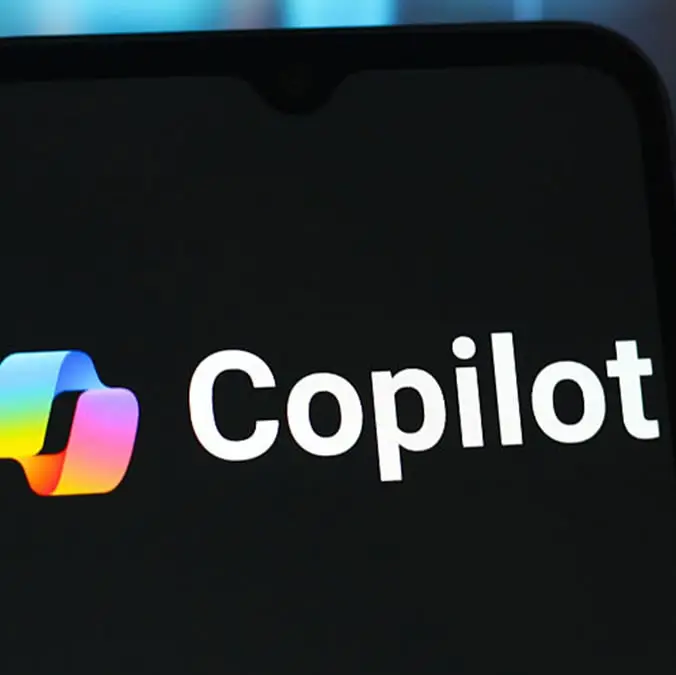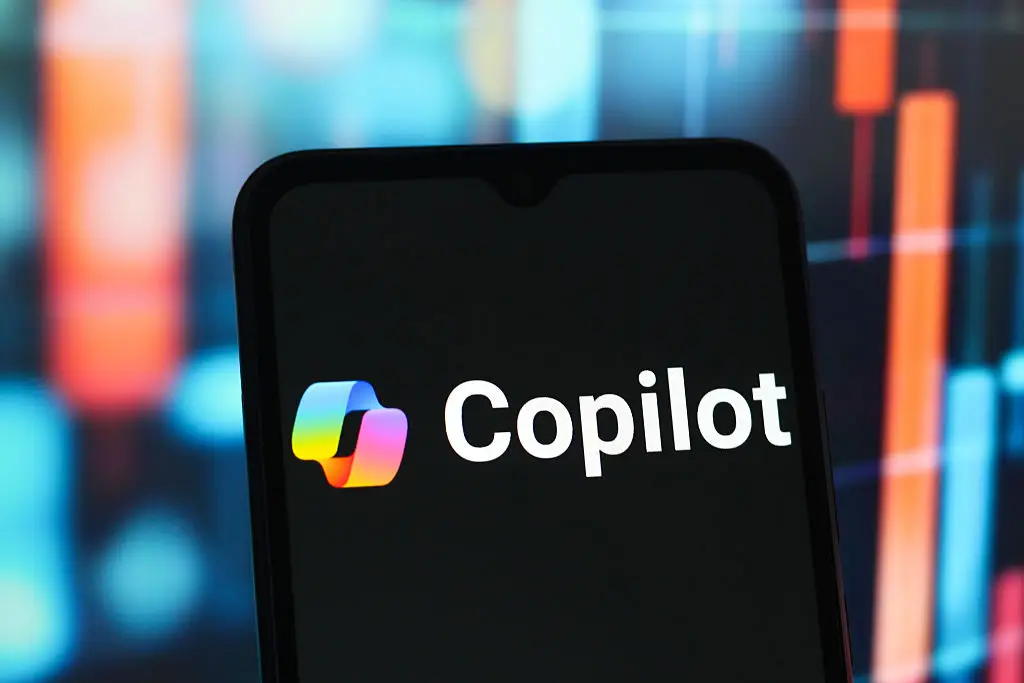
A new Microsoft study has revealed which career paths are most at risk from the takeover of artificial intelligence.
With AI continuing to boom, it doesn’t look like the industry is going anywhere anytime soon.
But what will that mean for our jobs? It turns out that there are certain careers which are more likely to be taken over by AI than others.
And a new study conducted by Microsoft, which assessed over 200,000 interactions with its Copilot chatbot, has revealed which occupations are most at risk.
Advert
According to the research done by the tech giant, office jobs including the likes of sales and communications are part of the list of jobs most likely to be replaced by AI technology.
This comes after Microsoft looked into how effective Copilot is at performing certain tasks and whether it could effectively perform in specific job roles.
Job roles that were found to be the most effective by AI were positions such as translators and interpreters, after it was found that Copilot could carry out 98% of tasks involved.

Other highly successful jobs in the study included mathematicians, writers, journalists and historians.
Writers of the study explained how the ‘most common work activities people seek AI assistance for involve gathering information and writing, while the most common activities that AI itself is performing are providing information and assistance, writing, teaching, and advising’.
So, what jobs will be the least impacted by the AI takeover? According to the study, it would be job roles ‘that require physically working with people, operating or monitoring machinery, and other manual labour’, such as plasterers, nurses, and massage therapists.
Researchers did note though that different AI programs ‘could certainly affect occupations involving operating and monitoring machinery, such as truck driving’.

Kiran Tomlinson, who is a researcher at Microsoft, said: “Our research shows that AI supports many tasks, particularly those involving research, writing and communication, but does not indicate it can fully perform any single occupation.”
Speaking to Sky News, Tomlinson went on to explain that the work ‘explores which job categories can productively use AI chatbots, not take away or replace jobs’.
According to the researcher, generative AI ‘may prove to be a useful tool for many occupations’, as ‘the right balance lies in finding how to use the technology in a way that leverages its abilities while complementing human strengths and accounting for people’s preferences’.